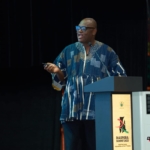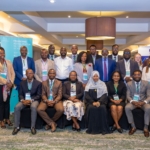
Ghana is at the forefront of a major continental push to find sustainable financing for non-communicable diseases (NCDs), demonstrating its innovative health tax reforms and the new “MahamaCares” fund to peers from across Sub-Saharan Africa.
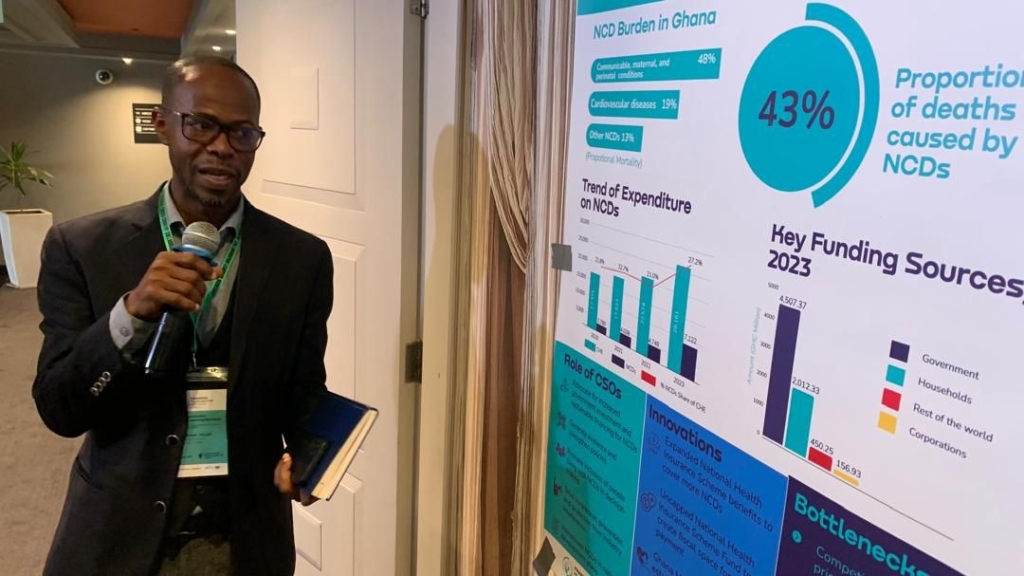
A Ghanaian delegation, including representatives from the Ministry of Health and the Ghana NCD Alliance, recently participated in a two-day Cross-Country Learning Workshop on NCD Financing in Nairobi, Kenya, from August 25-26, 2025.
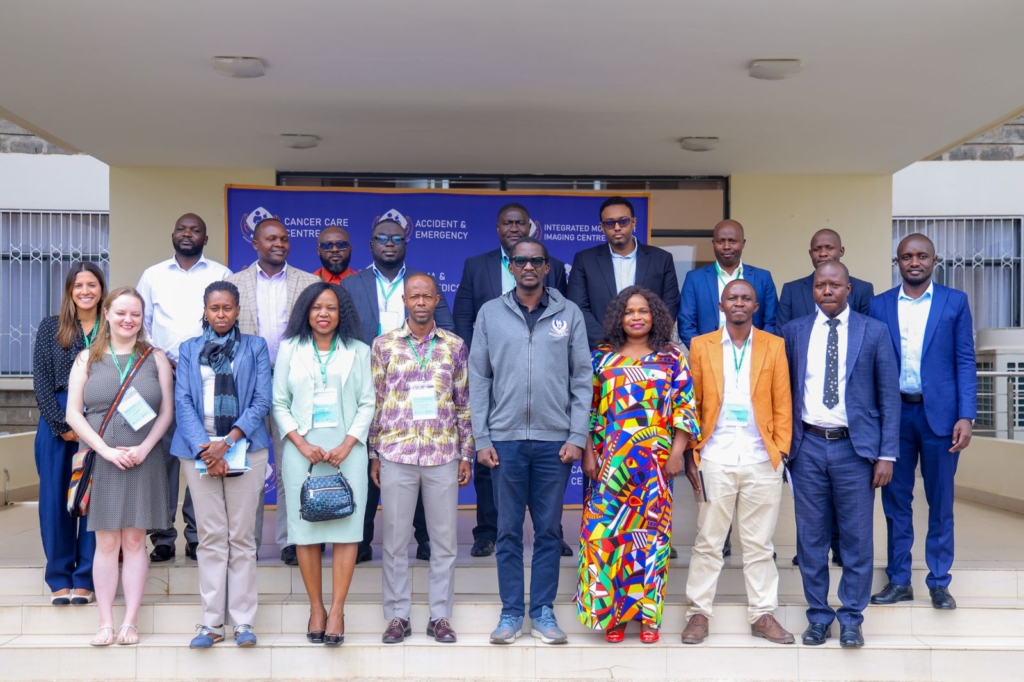
The workshop, organised by the African Institute for Development Policy (AFIDEP) in collaboration with the World Bank and other global partners, addressed the urgent challenge of underinvestment in NCD services in a region where countries allocate less than 2% of GDP to public health spending.
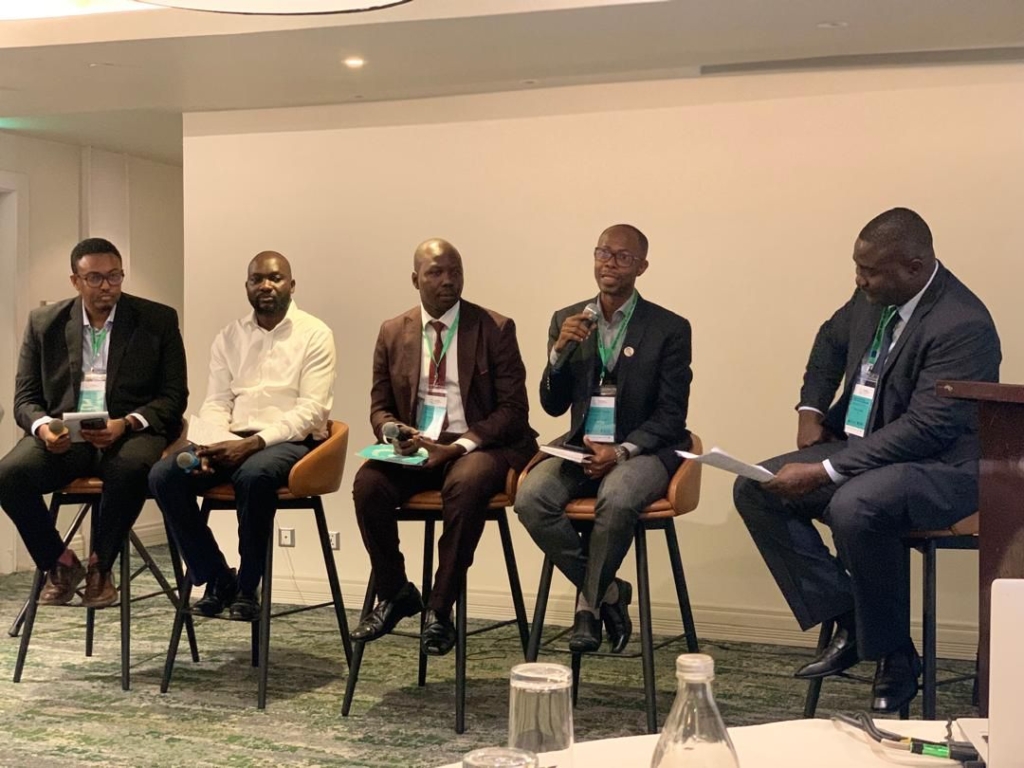
With donor funding in decline and NCDs projected to surpass communicable diseases as the leading cause of death in Africa by 2030, the forum underscored the critical need for countries to mobilise domestic resources.
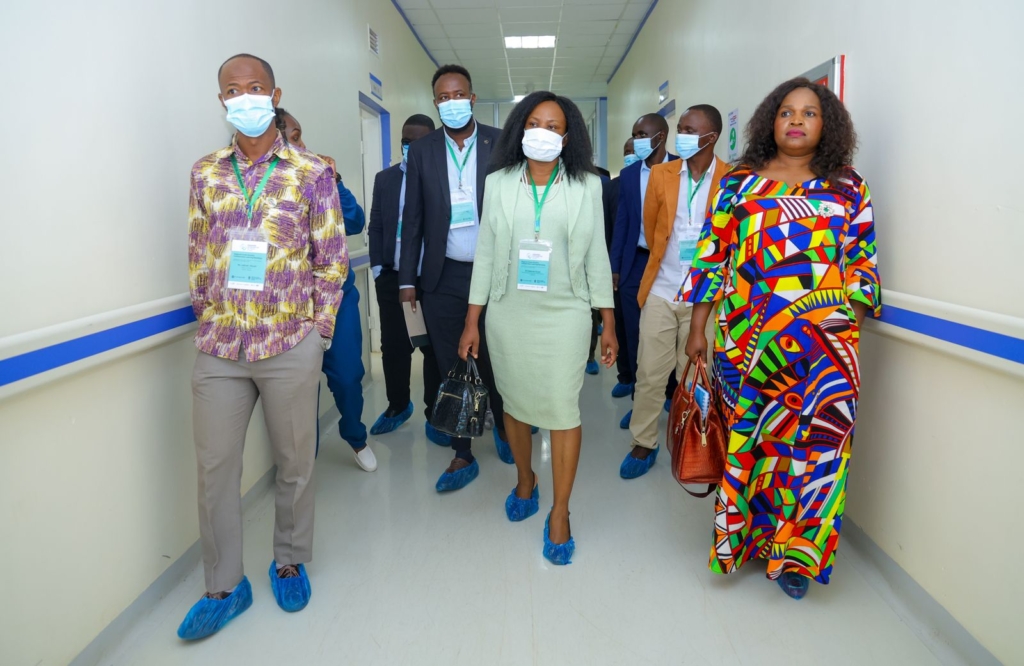
The Ghanaian delegation, led by Mr. Labram Musah, Executive Director of Vision for Accelerated Sustainable Development Ghana (VAST Ghana) and National Coordinator of the Ghana NCD Alliance, presented a detailed poster on Ghana’s financing landscape.
The presentation highlighted key sources of funding, including the National Health Insurance Scheme (NHIS), the newly established Ghana Medical Trust Fund, out-of-pocket payments, and donor contributions.
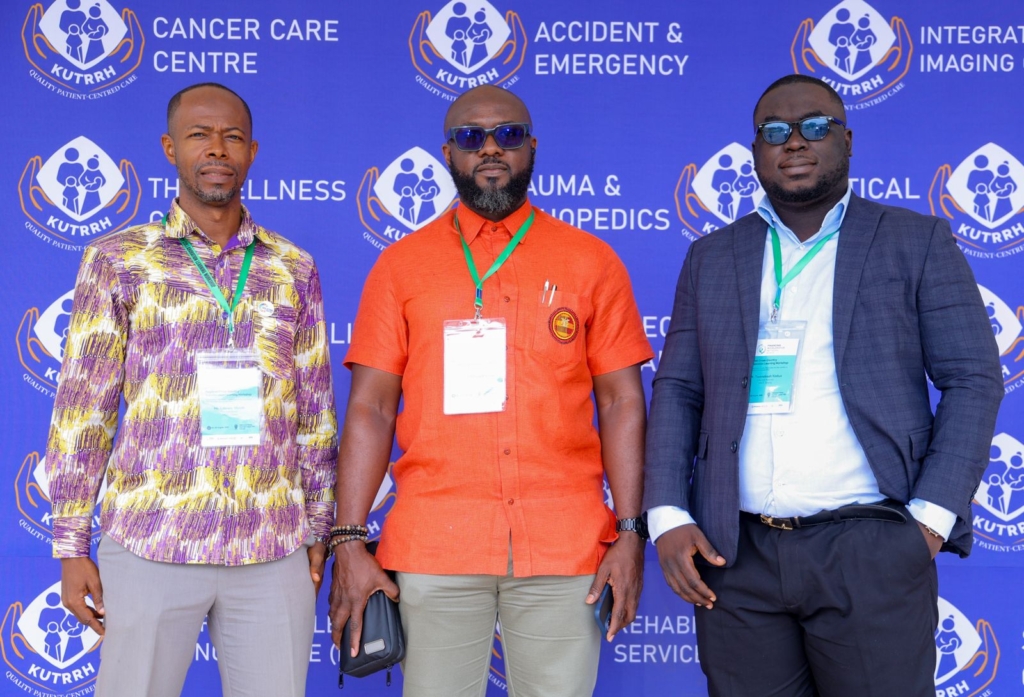
As a panellist, Mr. Musah showcased two of Ghana’s most significant policy reforms. He noted that the country’s NHIS is financed by a 2.5% levy on goods and services.
Under the leadership of President John Dramani Mahama, this levy was recently uncapped, ensuring that 100% of the revenue is now channelled to the NHIS, a reform that has boosted the authority’s budget to an estimated GH¢10 billion.
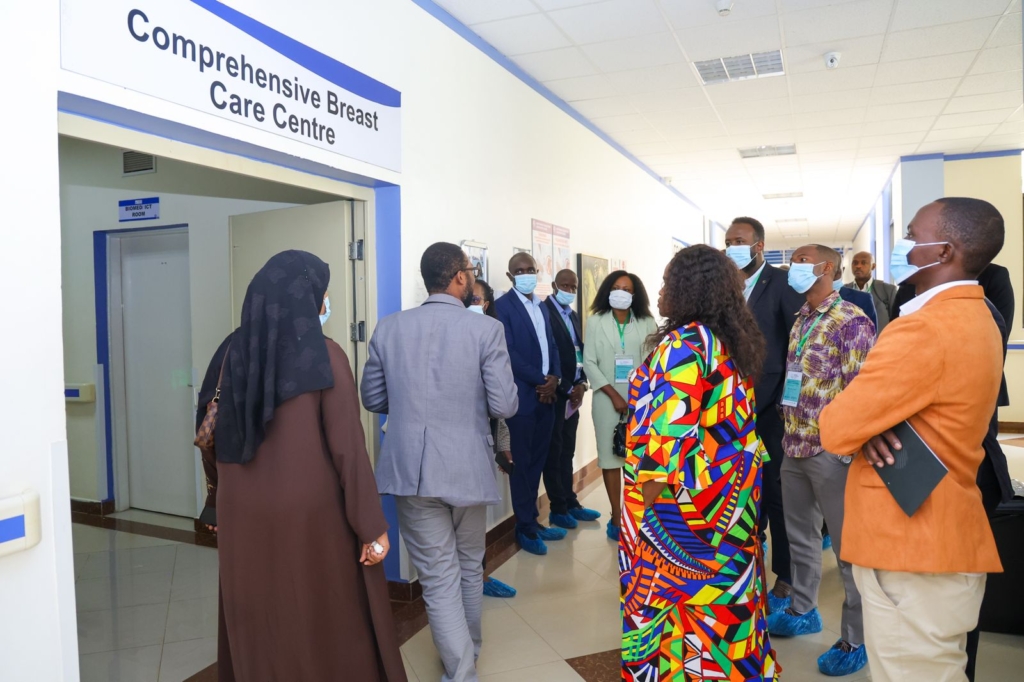
Mr. Musah also highlighted the groundbreaking Ghana Medical Trust Fund Act, popularly known as MahamaCares.
This landmark legislation dedicates 20% of the NHIS levy specifically to a new fund for chronic NCDs, a bold step towards institutionalising long-term funding for diseases that are often neglected in developing health systems.
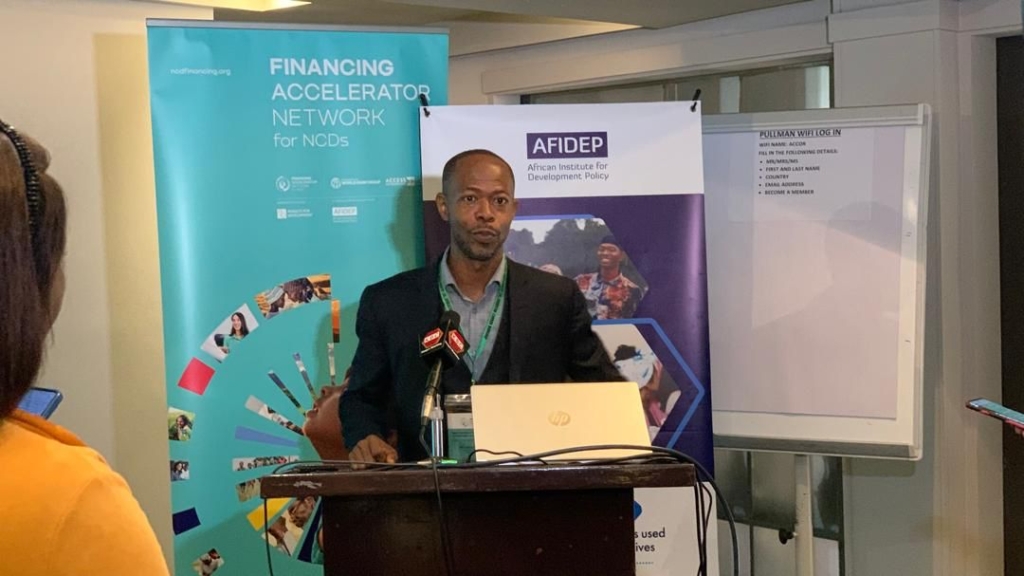
Targeting Unhealthy Commodities and Advanced Treatment
The Ghanaian delegate also pointed to the country’s 2023 excise tax reforms, which increased taxes on tobacco, alcohol, and sugar-sweetened beverages.
These “health taxes” not only aim to reduce the consumption of unhealthy products but also generate revenue for healthcare. Mr. Musah echoed the call from the Director-General of the World Health Organization (WHO), Dr. Tedros Adhanom Ghebreyesus, for African governments to earmark at least 50% of excise tax revenues to support healthcare delivery.
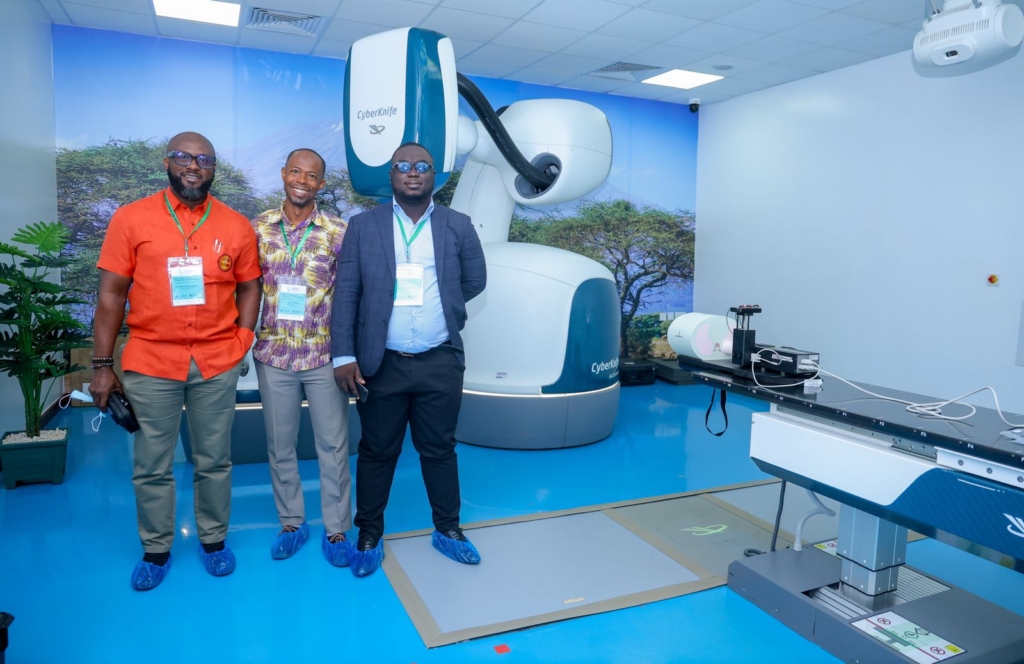
A key highlight of the workshop was a field visit to the Kenyatta University Teaching, Referral, and Research Hospital, where the Ghanaian delegation observed Kenya’s advanced cancer care.
They were particularly impressed with the CyberKnife system, a cutting-edge, non-invasive robotic technology that delivers highly precise radiation therapy to tumours.
This exposure to advanced technology and innovative financing models led the Ghanaian delegation to make a significant recommendation upon their return.
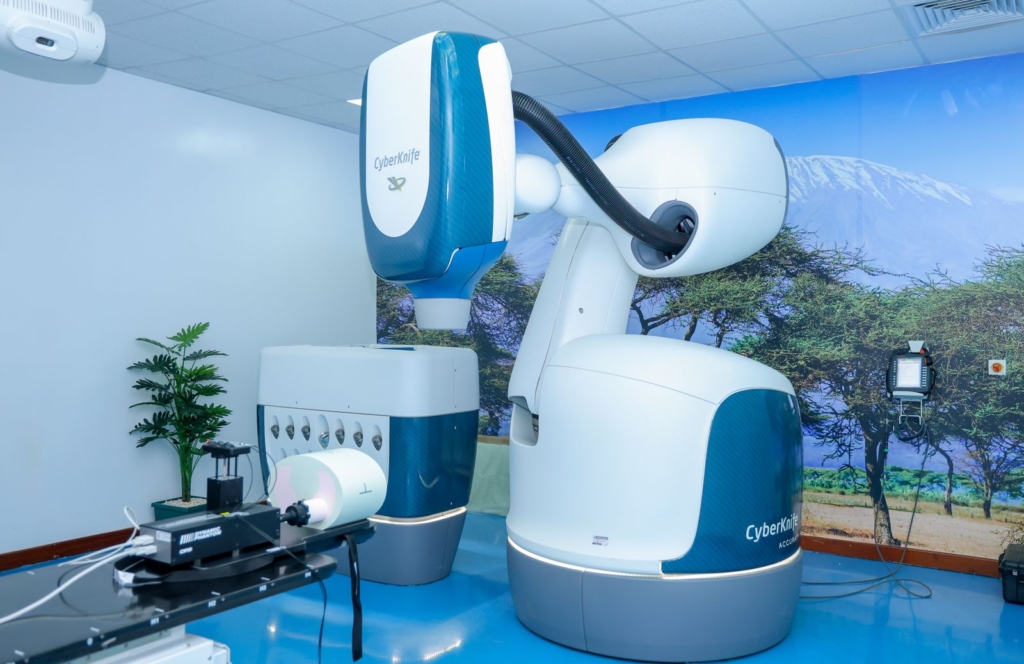
They urged the government to leverage the MahamaCares Fund to acquire a CyberKnife system for Ghana. Such an investment, they argued, would significantly enhance the country’s capacity for advanced cancer treatment, improving patient outcomes and reinforcing Ghana’s leading role in the region’s fight against NCDs.


